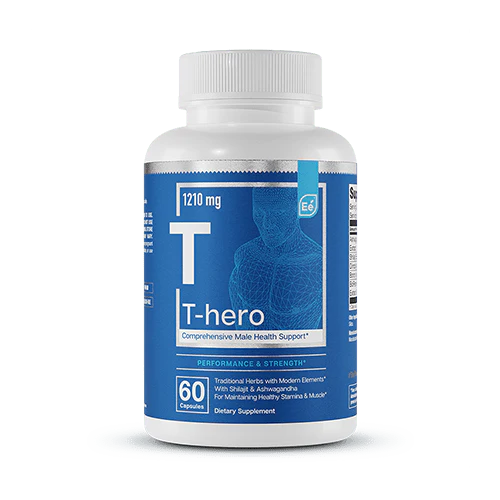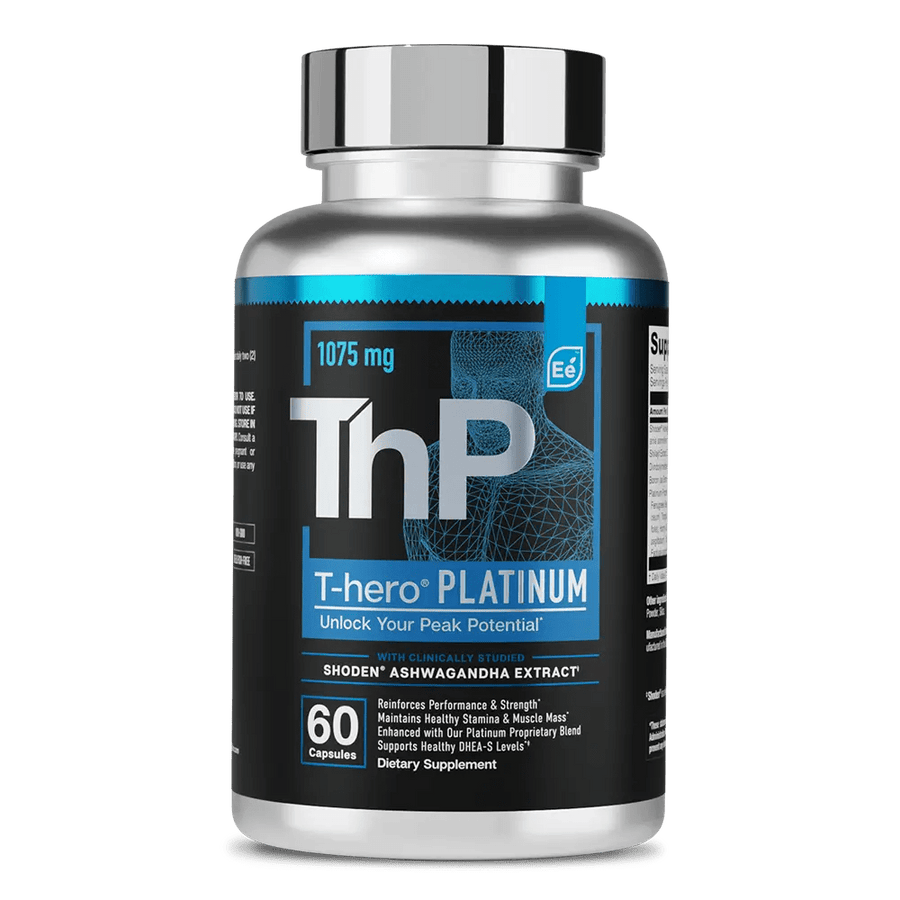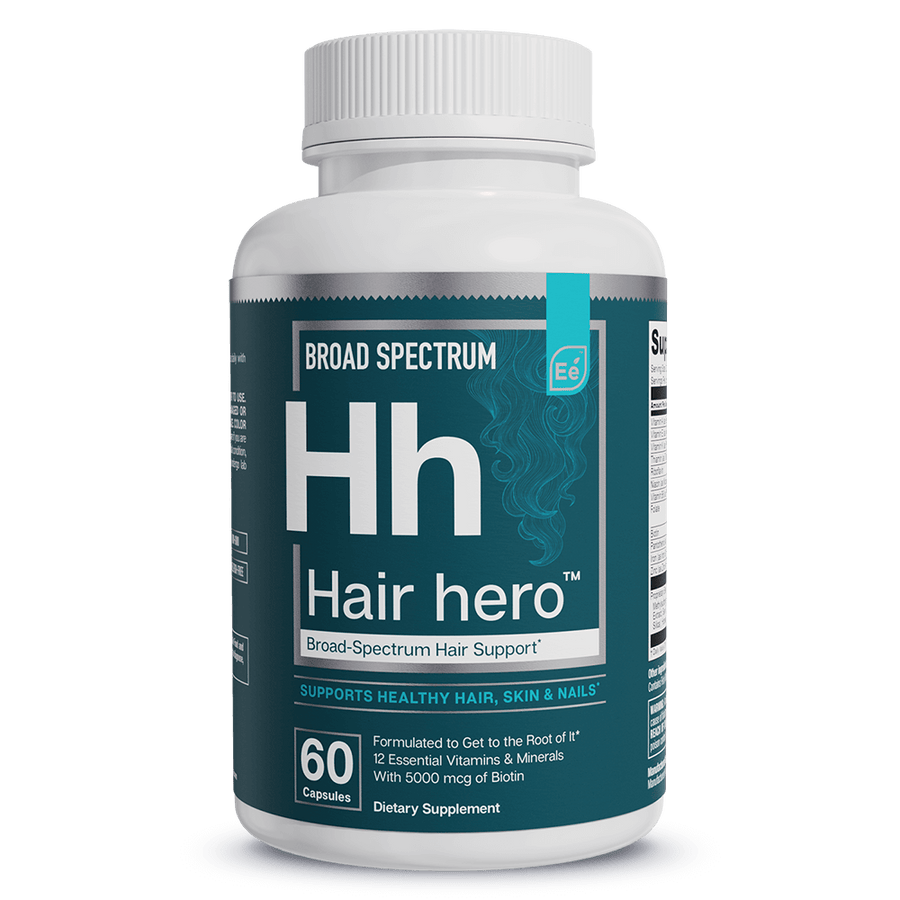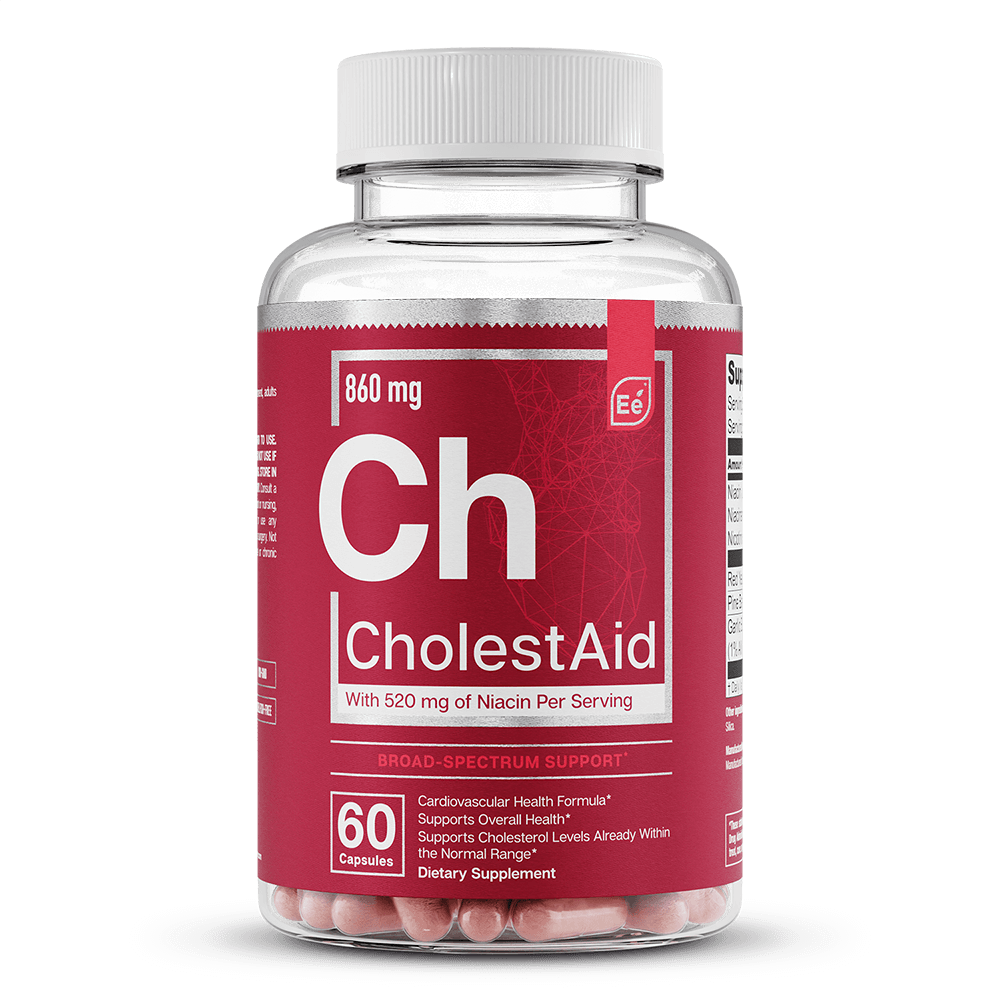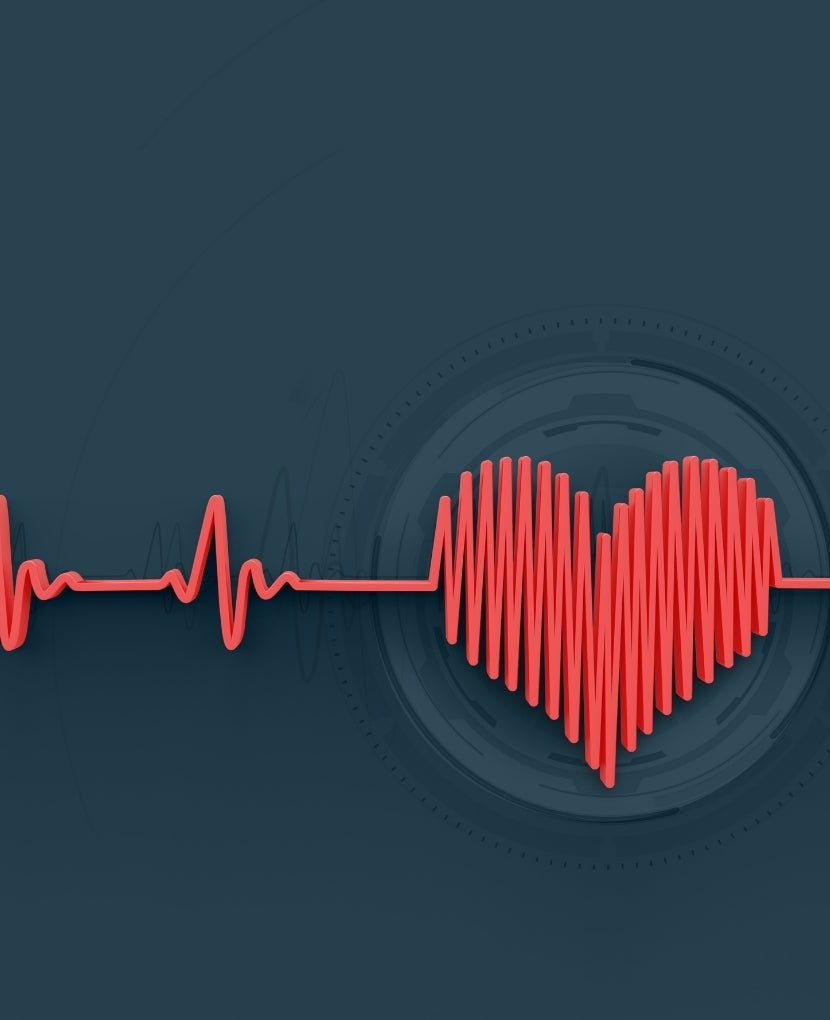Fitness Myth: More Cardio Is the Road to Weight Management Success
Is it 100% true or totally false, or somewhere in between? Let’s get into the truth about how bodies work, how cardio exercise is really related to weight management, and what you can do (e.g., strength training) to support your efforts. Don’t believe the hype. Just stick to the facts.
The Importance of Fitness
The first thing to get out of the way is any notion that diet alone is all you need to maintain weight. Here’s the truth: diet or reducing caloric intake is the most important part of maintaining a healthy weight. You should focus on only healthy calories and less of them. After that, exercise and fitness step in to become the most important part of maintaining your goal. So, caloric intake is key when managing a healthy weight, and exercise is key to maintaining that goal and feeling your best.
Where the Myth Goes Wrong
So, the myth that more exercise alone can help you maintain your weight management goals is actually tied to calories. If you’re increasing your cardio to work out an extra 500 calories a day, but you’re increasing your food intake an extra 1000 calories a day, well then, my friend, you’re not doing yourself any favors. It’s all tied together. You can’t look at just one half of the equation and claim to have the answers. You have to stand back and look at all of it.

Is It All About Calories Then?
No. Calories are still just one part of it. Even the Centers for Disease Control (CDC) recognizes that physical activity is a critical part of a healthy diet and lifestyle for these reasons. Physical activity helps with:
♦ Maintaining weight
♦ Reducing blood pressure
♦ Promoting heart health
♦ Supporting a healthy mood
So, calories do matter, and so do the calories you ingest and the quality of those calories. Then, exercise becomes more important in maintaining your weight and supporting a healthy body.
Types of Physical Activity
The CDCs physical activity guidelines break the routine down into 150 minutes of moderate-intensity aerobic activity and 75 minutes of vigorous-intensity aerobic activity each week. What’s that mean?
♦ Moderate-intensity aerobic activity means your heart rate and breathing is faster, but you can still carry on a conversation comfortably. Think of things like walking briskly, doing yard work, playing with kids, and biking sort of leisurely.
♦ Vigorous-intensity aerobic activity means you are breathing too hard to chat. Imagine running, swimming laps, cross-country skiing, competitive sports, and aerobic dance.

Where Does Cardio Fit In?
The CDC calls it aerobic activity. Aerobic literally means “with oxygen,” which is why we talk about how hard you’re breathing. But we also discuss what your heart rate is doing. This is your cardiovascular system. The harder you exercise, the more your heart is beating, and you’re breathing faster, which also means your cardiovascular system is working harder. This is what makes it cardio exercise.
Cardio exercise and getting your heart rate and breathing elevated are important. It is precisely the type of exercise the CDC mentions when talking about maintaining weight and supporting your health and fitness. There it is, in black and white with science backing it up—cardio matters.
When starting a new cardio workout regimen, it’s important to fuel your body with the nutrition it needs to maintain energy. Essential elements’ CoQ10 contains CoQsol®, a powerful form of coenzyme Q10 designed for maximum absorbability. Formulated with the powerful combination of antioxidants, such as vitamin A and vitamin E, CoQ10 is the support you need for heart health. But remember, your workout doesn’t end with cardio.
Strength Training Matters Too
It’s not just about cardio. There are other types of fitness that need your attention. Strength training is a critical part of a healthy approach to maintaining a healthy weight and overall health and fitness.
Why? Because strength training builds muscle mass, which increases your metabolism and decreases fat. Want even more reasons to strength train?
♦ Increased muscle mass
♦ healthy bones
♦ Promoting joint flexibility
♦ Weight Management
The Best Approach To Weight Management
The best way to think about it is with a long-term focus. Yes, we totally understand that you’d much rather have a quick fix approach. The truth is that satisfying your goals at a fast rate is typically not something you can maintain, and if you don’t have a plan for maintaining your goal weight, then it comes right back like a boomerang.

The maintenance plan is where your cardio and strength training make the biggest difference. Starting a plan when you begin your journey gives you a head start and more firmly establishes good habits.
The Essential Elements
The maintenance plan is where your cardio and strength training make the biggest difference. Starting a plan when you begin your journey gives you a head start and more firmly establishes good habits.
But you want those pounds to stay off. What’s the point of working so hard if you’re just going to gain it back. That means you need a maintenance plan based on building muscle, strength, flexibility, endurance, heart health, and all sorts of great things that come from cardio and strength training.
Pair your new physical activity goals with a smart diet focused on healthy eating, and you’re going to succeed (and maintain) your goals.
